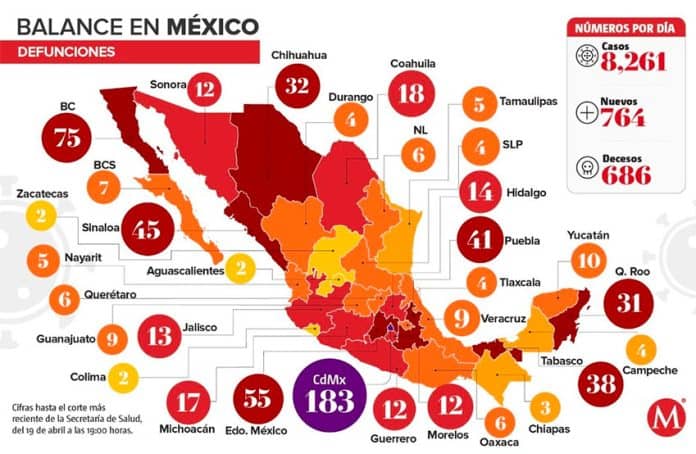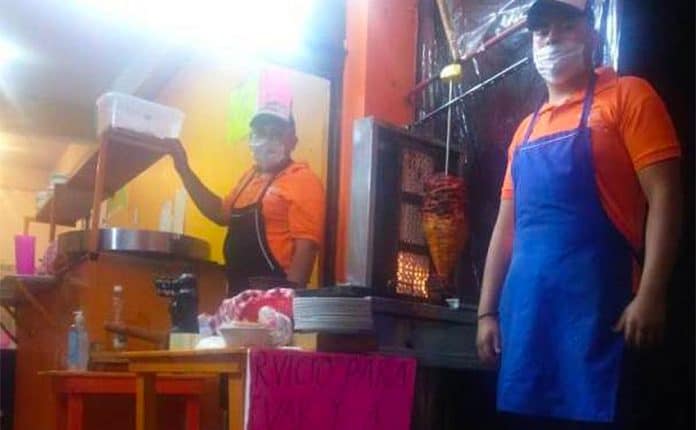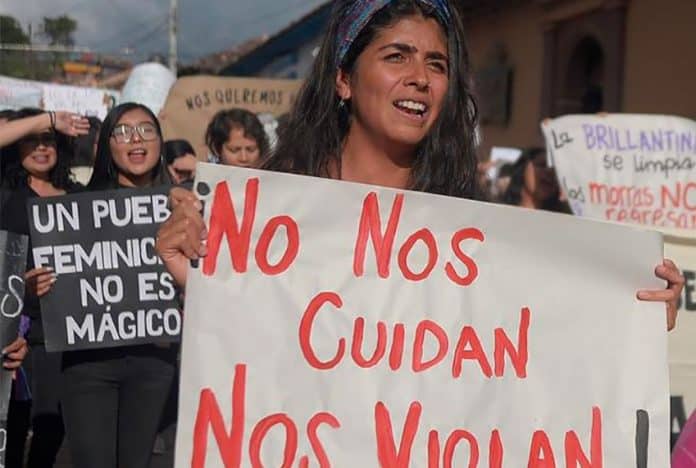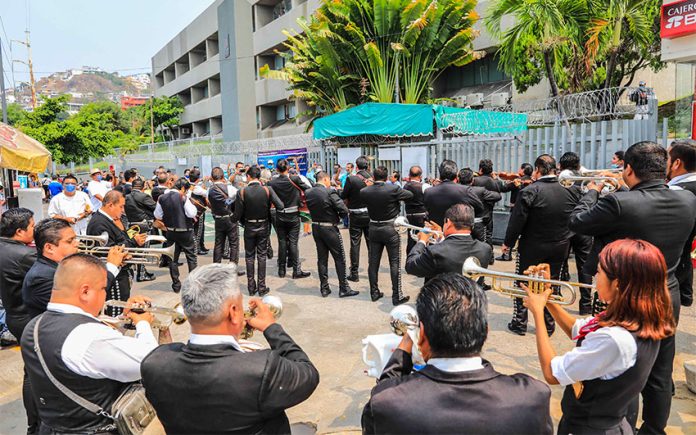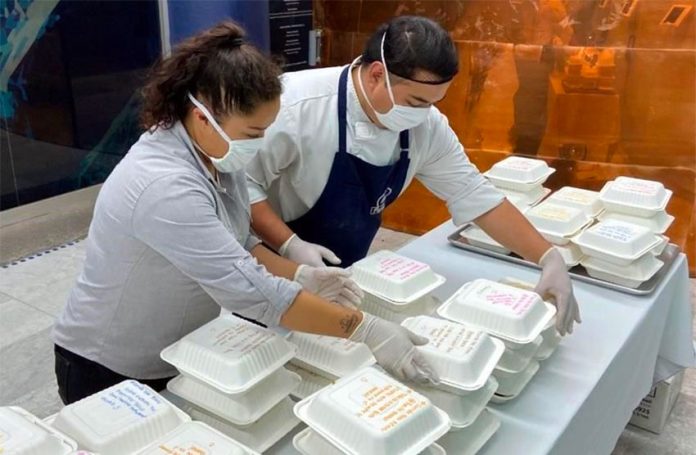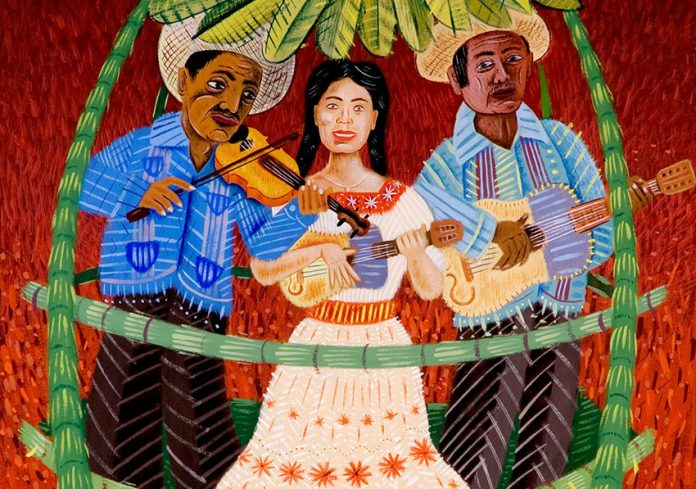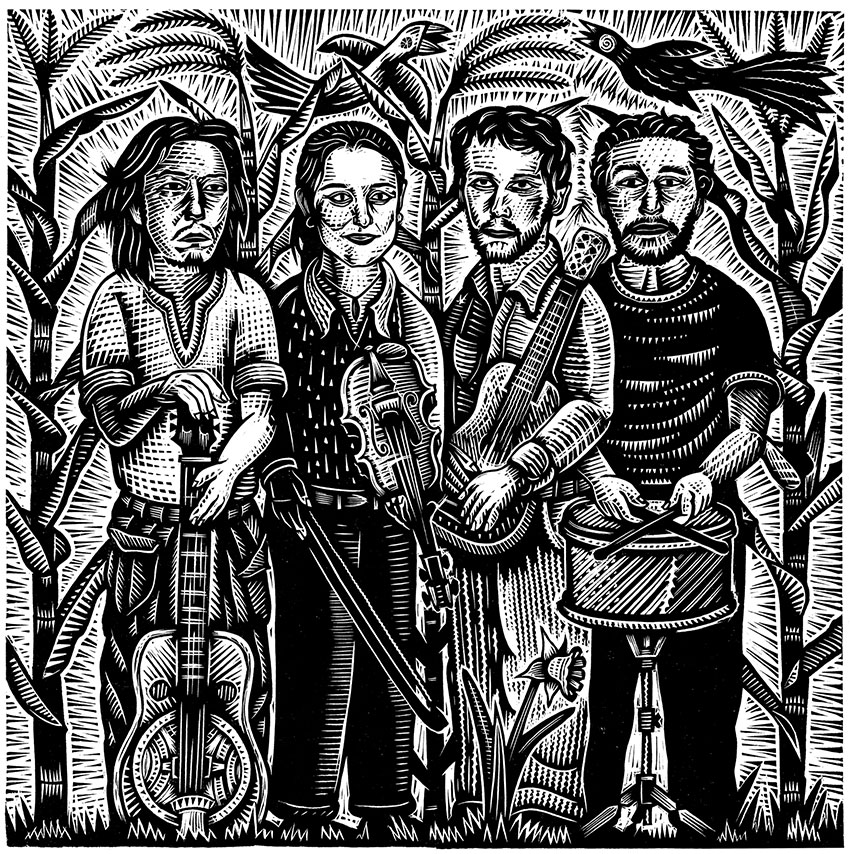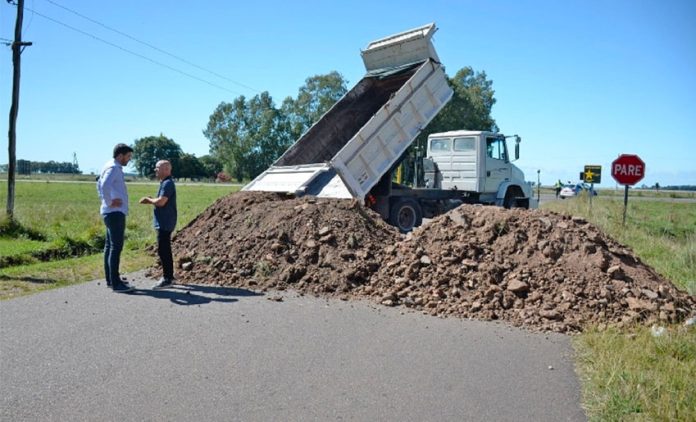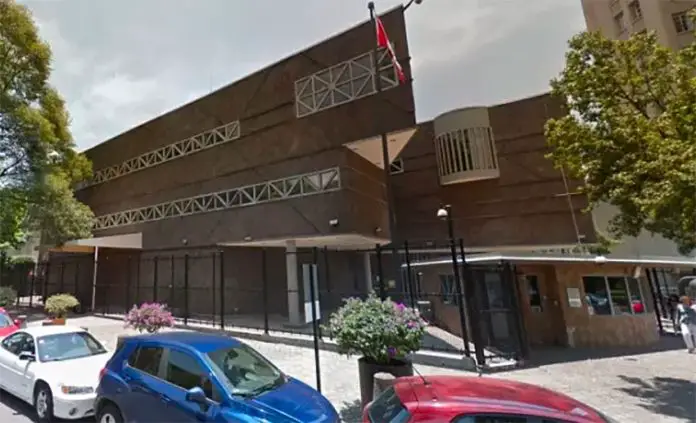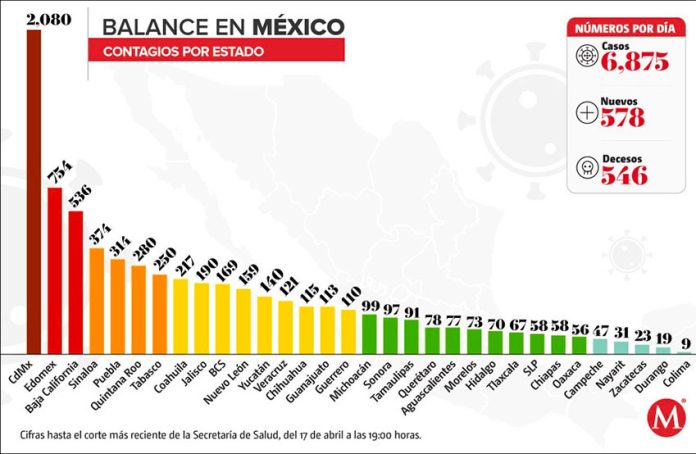Mexico is ready for the worst stage of the coronavirus pandemic, President López Obrador said on Sunday, pledging that the public health system will have enough ventilators for every patient who requires one.
In a video message filmed in the garden of the National Palace, López Obrador said that hospitals will have a total of 13,000 ventilators available for the treatment of Covid-19 patients.
He thanked President Xi Jinping of China and President Donald Trump of the United States for agreeing to sell Mexico 1,270 and 1,000 ventilators, respectively.
López Obrador said that he had spoken to Xi for the first time and that as a result of the call China committed to delivering 450 additional ventilators to Mexico between April 26 and May 2.
Trump has “behaved extraordinarily,” he added, asserting that the U.S. president has shown solidarity with the people of Mexico and has been “very respectful of our government.”
López Obrador noted that the United States has not placed any restrictions on the sale of ventilators to Mexico as it has done with other countries.
Mexico is “now prepared to confront the worst moment of the pandemic, which according to the experts will be from May 2 to 8,” the president said.
“No sick person will be left without a ventilator. All those who unfortunately have to be intubated will have this care; nobody will be left without this opportunity. The age [of the patient] doesn’t matter, the most important thing is life,” López Obrador said.
He said that the public health system is “on the verge of having all the doctors” it requires to respond to the expected influx of Covid-19 patients early next month. The government launched a recruitment drive in early April to find an additional 6,600 doctors and 12,300 nurses.
López Obrador also said that starting this Thursday Mexico’s private hospitals will make 3,150 beds available for public sector patients suffering from illnesses other than Covid-19. The agreement will free up space for coronavirus patients in public hospitals, he said.
Later on Sunday, the Health Ministry reported that the number of confirmed cases of Covid-19 in Mexico had increased by 764 to 8,261 and that the death toll had risen by 36 to 686.
Deputy Health Minister Hugo López-Gatell also said that there are 10,139 suspected cases and that 49, 570 people have now been tested.
Mexico City has 2,591 confirmed Covid-19 cases, almost triple the number of neighboring México state, where 877 people have tested positive. Baja California ranks third for confirmed cases with 680 followed by Sinaloa, Puebla and Tabasco, where there are 459, 352 and 335 cases, respectively.
At the municipal level, data compiled by the National Autonomous University shows that the sprawling, heavily-populated eastern Mexico City borough of Iztapalapa has the highest number of active confirmed cases with 196.
Seven other municipalities have more than 100 active cases: Culiacán, Sinaloa, with 178; Tijuana, Baja California, with 153; Gustavo A. Madero, Mexico City, with 133; Mexicali, Baja California, with 122; Tlalpan, Mexico City, with 114; Centro (Villahermosa), Tabasco, with 103; and Benito Juárez (Cancún), Quintana Roo, with 101.
Mexico City also leads the country for coronavirus-related deaths with 183 as of Sunday. Baja California is next with 75 followed by México state, Sinaloa, Puebla and Tabasco, where 55, 45, 41 and 38 people have lost their lives to the infectious disease.
Ten of the 36 deaths reported on Sunday night occurred in Tabasco, where one of those who died in the preceding 24 hours was an 8-month-old baby. The fatality was only the second among Covid-19 patients younger than 25 after a 2-year-old girl with a congenital heart defect died in Tabasco last week.
López-Gatell reported that hypertension, diabetes and obesity continue to be the most common existing health problems among those who have died. He also said that five people with HIV have lost their lives to Covid-19, which has now killed more than 166,000 people around the world.
Source: El Financiero (sp), Milenio (sp)
